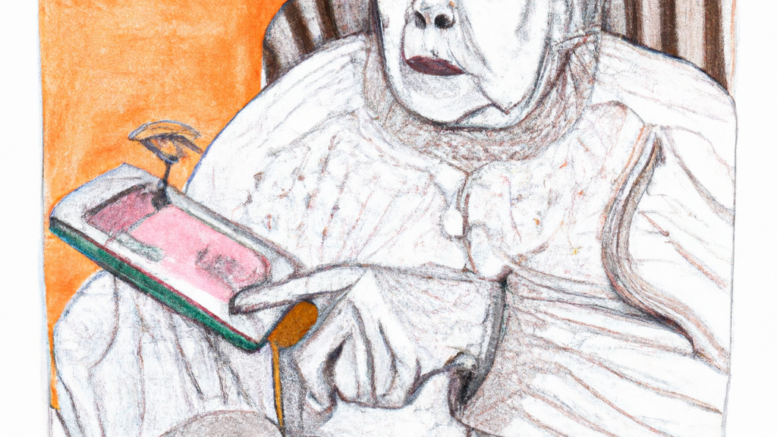As the world’s population continues to age, the demand for elderly care has skyrocketed. While traditional methods have been effective to some extent, the modern world is looking towards technology to provide solutions that can enhance care for the elderly. One such solution is AI-driven assistive technologies, which have the potential to revolutionize elderly care.
The Elderly Care Revolution: AI-Driven Technologies
Artificial intelligence (AI) is a field of computer science that allows machines to perform tasks that would typically require human intervention. In the context of elderly care, AI-driven technologies can help caregivers monitor and support their patients more effectively. For example, AI-powered home monitoring systems can track the movements of elderly people and alert caregivers if they detect signs of distress. Similarly, AI chatbots can help seniors manage their medications and provide them with reminders for appointments and activities.
Another way AI-driven technologies can revolutionize elderly care is by analyzing data from wearable devices and other health monitors. By tracking vital signs and other biometric data, AI algorithms can identify patterns and predict health issues before they become serious. This can help caregivers take proactive measures to ensure that seniors receive the care they need.
From Robot Companions to Smart Homes: A Glimpse into the Future
While AI-driven technologies have already started to make their mark in elderly care, experts predict that there is still much more to come. One of the most exciting developments on the horizon is the rise of robot companions. These AI-powered robots can provide companionship and assistance to seniors, helping them with tasks such as cooking, cleaning, and even providing physical therapy.
Another area where AI is expected to make a big impact is in the development of smart homes. These homes will be equipped with devices that can detect and respond to the needs of elderly occupants, such as automatically adjusting the temperature or lighting to improve their comfort. Smart homes will also be able to detect falls and other emergencies, alerting caregivers or emergency services if necessary.
As the world’s population continues to age, the need for innovative elderly care solutions will only become more pressing. AI-driven assistive technologies offer the potential to enhance the quality of care for the elderly while reducing the burden on caregivers and healthcare systems. While it is still early days for these technologies, the future looks bright for the elderly care revolution.

